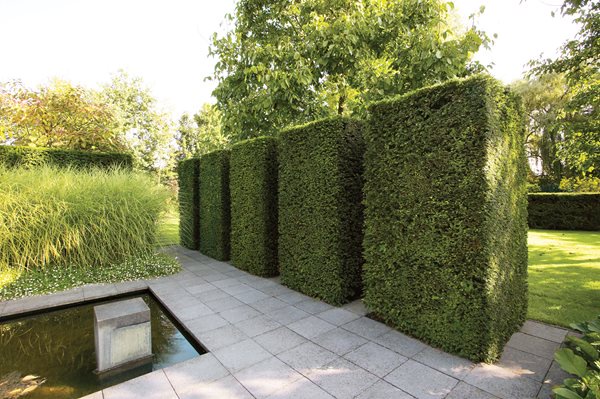Introduction
In the hustle and bustle of modern life, the importance of outdoor spaces cannot be overstated. Beyond their aesthetic appeal, gardens, parks, and natural landscapes play a pivotal role in influencing our psychological well-being. This blog explores the fascinating realm of the psychology of outdoor spaces, delving into how landscapes can significantly impact our mood and overall mental health.
The Impact of Nature on Mental Health
The connection between nature and mental well-being is not a mere coincidence; it's deeply ingrained in the human psyche. Studies consistently show that exposure to green spaces and natural environments is associated with reduced stress, anxiety, and depression. In the United Kingdom, where urbanization is rampant, understanding this correlation becomes crucial. According to recent statistics, over 80% of the UK population resides in urban areas, making the significance of accessible green spaces even more pronounced.
GARDEN DESIGN: Crafting Tranquil Retreats
Garden design goes beyond aesthetics; it's an intricate art form that can mold our emotional responses to outdoor spaces. Thoughtfully designed gardens can create a sense of tranquility and peace, offering a respite from the demands of everyday life. Incorporating elements such as winding pathways, water features, and strategically placed seating can enhance the overall experience of a garden.
The Therapeutic Power of Planting
Planting, an integral aspect of garden design, has therapeutic implications that extend beyond mere visual appeal. Engaging in gardening activities has been linked to improved mood and reduced stress levels. The act of planting and nurturing greenery fosters a sense of responsibility and accomplishment, contributing to a positive psychological state. In the UK, community gardening initiatives have gained traction, bringing people together to cultivate not only plants but also a sense of belonging.
Urban Green Spaces: A Necessity, Not a Luxury
As urbanization continues to reshape the landscape of the UK, the availability of green spaces becomes paramount. Recent statistics highlight the need for increased efforts in this regard. According to a survey conducted in major UK cities, nearly 60% of residents expressed a desire for more accessible green spaces within urban areas. Recognizing this demand, city planners are now prioritizing the integration of parks and green zones into urban planning, acknowledging their crucial role in fostering mental well-being.
Nature Deficit Disorder: A Modern Affliction
In the digital age, where screens dominate our daily lives, a concerning trend has emerged – Nature Deficit Disorder. Coined by author Richard Louv, this term describes the psychological and physical consequences of a lifestyle increasingly devoid of nature's presence. In the UK, recent studies indicate a rise in sedentary behaviors among both adults and children, further emphasizing the urgent need for strategies that reconnect individuals with outdoor spaces.
Promoting Mental Health Awareness through Landscapes
Beyond personal well-being, outdoor spaces can also serve as platforms for promoting mental health awareness. Events such as community gardening projects, outdoor yoga sessions, and therapeutic landscape design workshops are gaining popularity in the UK. These initiatives not only contribute to the creation of mentally enriching spaces but also serve as catalysts for open conversations about mental health.
Conclusion
In conclusion, the psychology of outdoor spaces is a dynamic field that continues to garner attention and research. From the intricacies of garden design to the therapeutic benefits of planting, our connection with nature profoundly influences our mental health. As the UK grapples with the challenges of urbanization and the associated lifestyle changes, prioritizing the creation and maintenance of green spaces becomes imperative. By understanding and harnessing the psychological impact of landscapes, we can pave the way for a healthier, happier society.


No comments yet